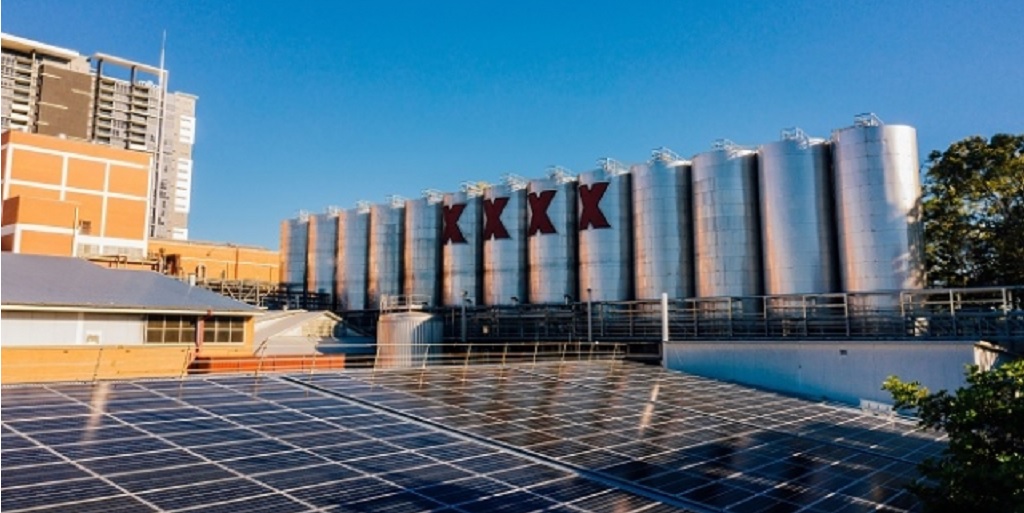
Struggle over focus at Lion owners Kirin

Kirin is struggling with its beer and non-beer business focuses according to market updates this week.
It follows Kirin’s annual reports released last month that showed a decline in sales and profits for its Australia-based business Lion.
A shareholder mutiny at the parent company and “aggressive” competition in Lion’s beer markets has caused trouble, but the Japanese giant says it will still look at growing its craft credentials under the Lion brand.
Shareholder UK-based Independent Franchise Partners (FP) has been campaigning since 2018 to force Kirin to whittle down the widespread companies under its umbrella to just focus on beer.
A shareholder presentation by Lion’s owners this week outlined FP’s demands that Kirin “abandon all non-beer businesses”.
However the board stated that there were “structural market challenges” in the world of beer and that its focus on pharmaceuticals (since its merger with Kyowa Hakko in 2008) “opened an important venue for sustainable long-term growth”.
It acknowledged trends in the food world towards healthier living, and said it would be focusing on its non-alcoholic and craft brands.
“Kirin is tapping into the Health Science domain, leveraging the Company’s assets in and knowledge of fermentation and biotechnologies, in response to structural challenges in the beer market and global societal changes, as well as the growing preference toward healthier lifestyles to address consumer needs and position Kirin for growth over the long-term,” it said.
In another presentation it said that during 2020 Lion would be looking at further acquisitions in the craft beer space in the US and the UK.
Its focus on craft and health has dripped down into the launch of Tiny Mountain Brewery in Townsville and the launch of ‘first of its kind’ hard seltzer Quincy.
However for Lion, aggressive competition in the first half of the year “required additional investment in our brands and strategic initiatives”, it said.
2019 performance
In its full-year financial reports for 2019 announced in February, Kirin explained that Lion had concentrated its investments in mainstream brands.
As a result, it said that sales volumes of Iron Jack and Furphy had increased, but operating income declined “significantly”.
Kirin said this was “due to the effects of competitors’ aggressive marketing efforts in the first half’,’ as well as sales, promotion, supply chain and brand investments.
At the same time it had used Lion as a vehicle to invest in craft beer and “premium craft beverages” such as kombucha, craft coffee and spirits.
During the year it acquired Fourpure, Magic Rock and New Belgium Brewing in the United States.
It was during this time that it realised its plans to sell off its dairy businesses.
As a result of these movements, revenue and normalised operating profits decreased.
Consolidated revenue was down 9 per cent to 299.7 billion yen (AU$4.4 billion), and normalised operating profit was down 20.2 per cent, to 41.4 billion yen (AU$607 million).
Kirin blamed the fact sales and profits decreased on a local currency basis, and the Australian dollar weakened during the period.



